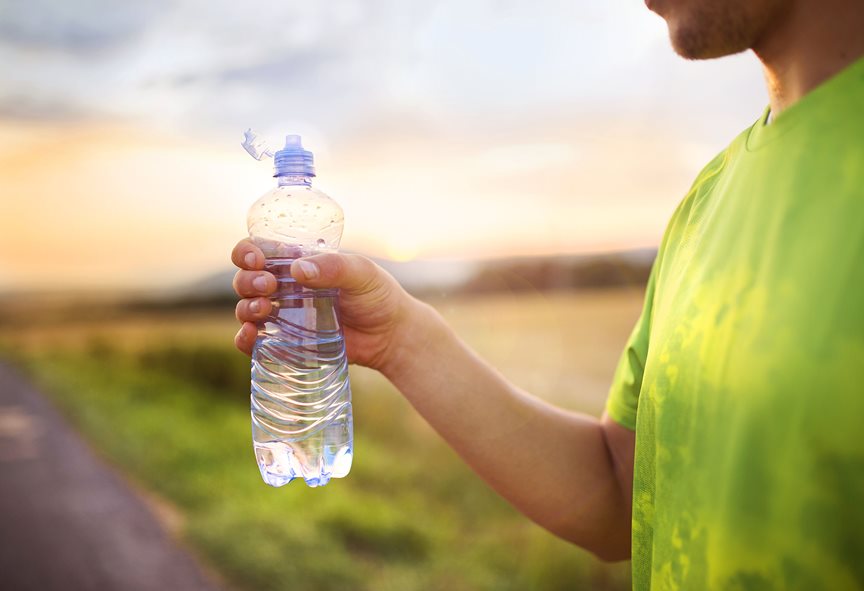Last updated: 15-Apr-16
By Rin Cobb
So if you’re anything like I was, you’ll be in hibernation mode this week after your tremendous achievement, bravo! I seem to remember a week of mostly sleeping post MDS so I’m always amazed at how many of you head straight back to work; cue flip flops and suits ensemble. For some you’ll be looking forward to a well-earned break with no thought of donning those trainers anytime soon, but for some, you’ll already have a race lined up, the London marathon being a firm favourite. Wherever you’re at with your running, your body will want and need to recover so here are a few thoughts to help you on route.
Eat
This may seem obvious but some will find their appetites not quite up to par post race. However, this doesn’t mean you don’t need to eat. Appetite is a very subjective thing and can be affected by a multitude of factors, the physical stress of running 150 miles across the Sahara Desert being just one of them. If you do find yourself at a loss, try eating simple foods, little and often such as bagels, cereal, cheese and crackers or a protein packed soup whilst making the most of nutritious milky based drinks. If on the other hand you have the appetite of a horse to make up for the previous week’s deficit, then go with it, and don’t feel guilty about it.
Recovery foods
It will take your body quite some time to recover fully and along with allowing yourself to rest and some well deserved treats, there are some foods that may help the recovery process. A Mediterranean style diet is well known for its anti-inflammatory properties so try including oily fish, nuts, seeds, beans, whole grains and plenty of fruit and veg. If struggling with that appetite, try mixing these up into a nutritious smoothie, minus the oily fish perhaps. Many of these are already good sources of protein but try to include this at each meal like dairy and eggs to help your body repair itself, particularly those feet.
Treats
You’ve just completed the toughest footrace on earth, if that doesn’t mean you can’t treat yourself, then nothing will. You may be reading this thinking what is she on about, I’ve already devoured the Berber Palace buffet and been back for more, but there will be those who struggle to allow themselves to enjoy their food after the race, particularly if having a rest from training. Just remember your body needs to heal itself and it needs extra energy to do that. Try not to jump on those scales either, as tempting as that might be, as quite often it takes the body a while to stabilize its fluid balance, so can lead to misleading and disheartening numbers on those scales.
Tailored eating
With this in mind, you also don’t want to undo all that good you’ve done in the run up to the race, especially if your training has helped you lose a few unnecessary pounds. Once recovered, you need to tailor your eating to your training, so if you’re not pounding out the same mileage as pre MDS, then you don’t need to be eating quite the same either. Whilst I’m sure few of you struggled to increase your volume of food when demand was high, doing the opposite can be more of a challenge.
Beating the post race blues
To top it off, some of you may get those post race blues. This is a totally normal response to achieving a feat that you may have spent the past year or so preparing for. So having a plan and getting back to healthier eating habits can help keep your mind happy, maintain all that good work, and bring you out of your post race hibernation.




